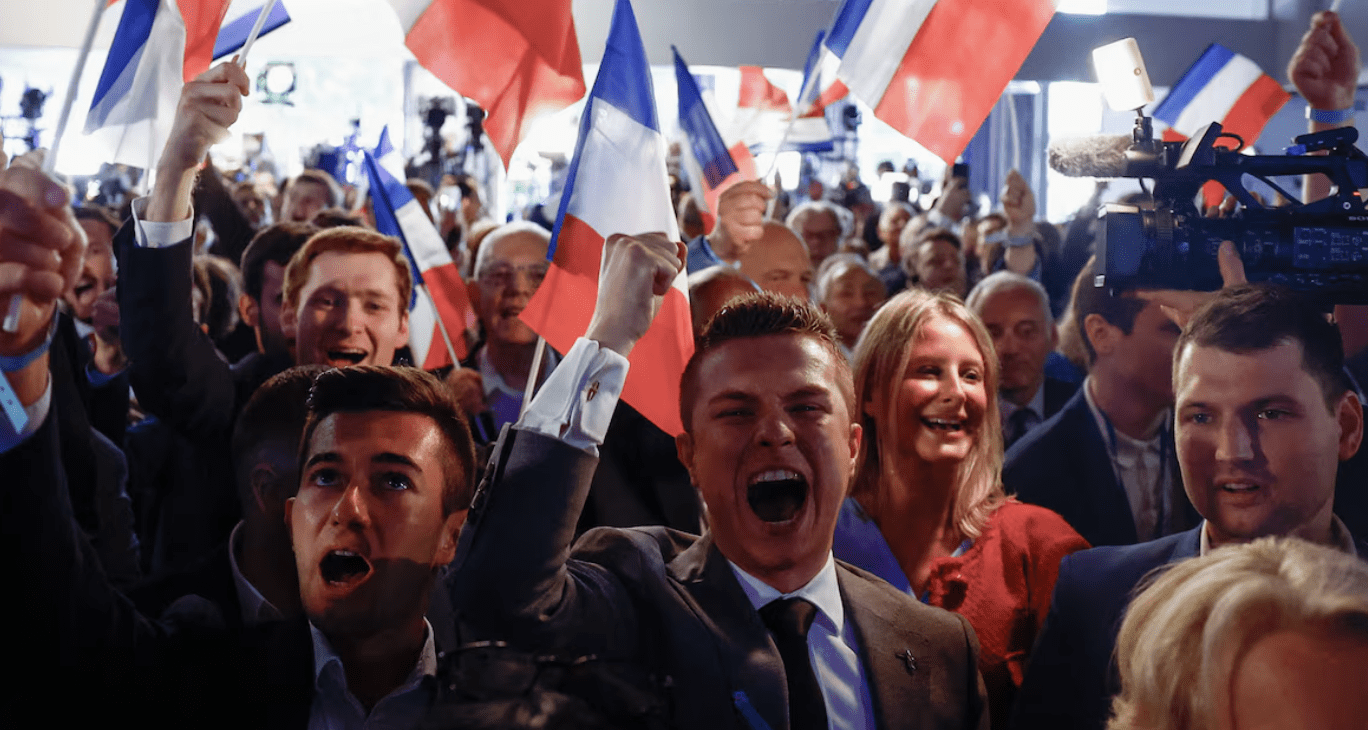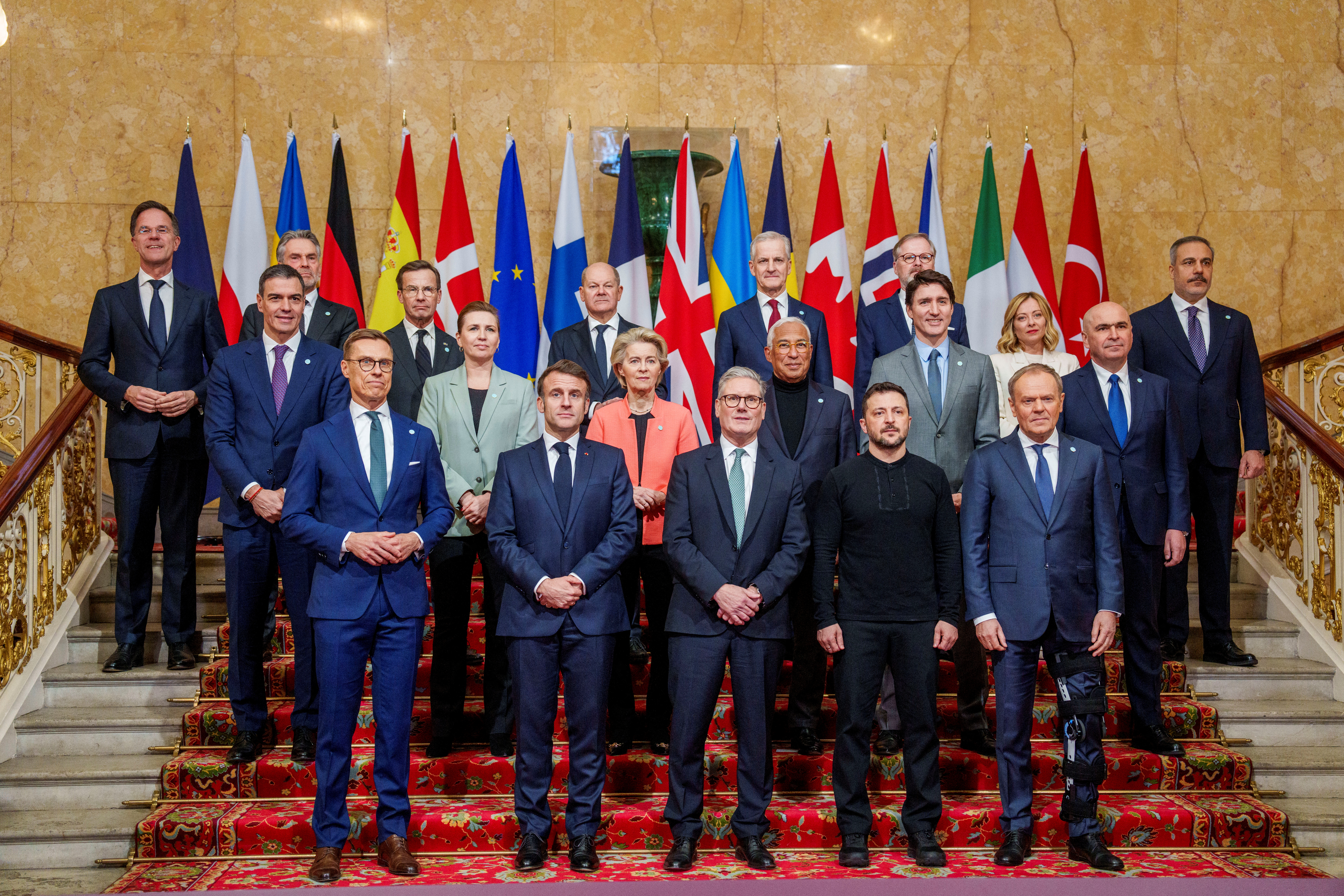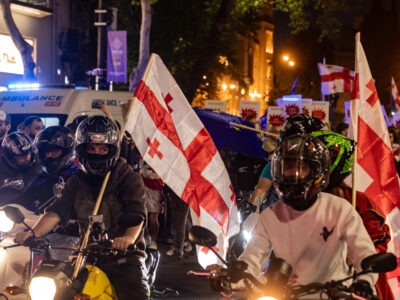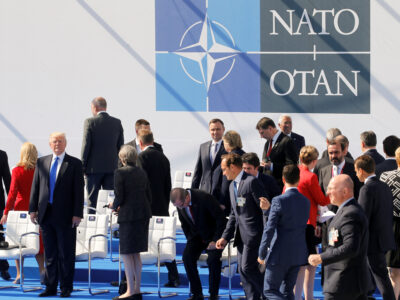The Results of the European Elections and Their Implications for European External and Domestic Policy
The European parliamentary elections this past weekend saw considerable gains for right-wing populist parties, particularly in France and Germany. What are the implications of these results, both on domestic policies of the EU and – less certainly – future European policies towards the Ukraine War and Transatlantic relations?
The Quincy Institute held a discussion to assess the elections with Molly O’Neal, QI non-resident fellow and former U.S. Foreign Service Officer, Wolfgang Streeck, Emeritus Director at the Max Planck Institute for Study of Societies, Cologne, and Matthias Matthijs, Dean Acheson Chair at SAIS. Anatol Lieven, director of the Eurasia program at the Quincy Institute, moderated the conversation.
Program
Panelists

Molly O'Neal
Dr. Molly O’Neal is a QI non-resident fellow and former U.S. Foreign Service Officer whose career, from 1989 onward, was devoted to U.S. relations with Central and Eastern Europe, Russia, and Eurasia. She has conducted research, lectured in the US and in Europe, and published on politics in Russia, Poland, and Germany.
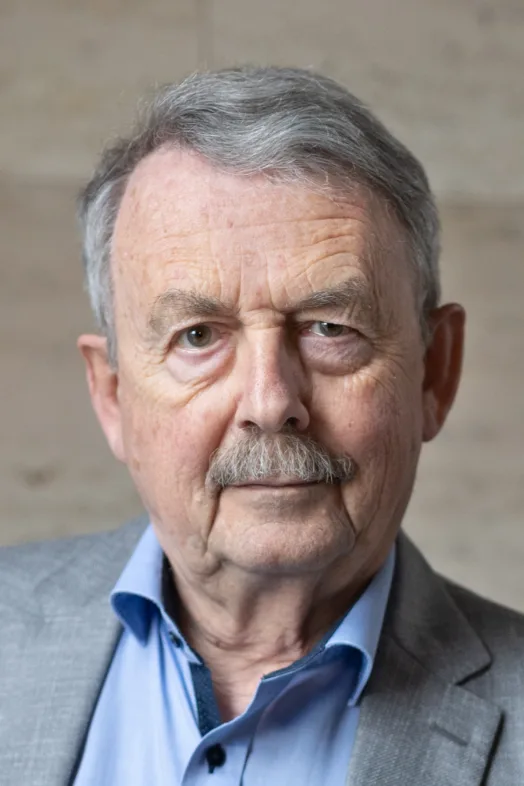
Wolfgang Streeck
Dr Wolfgang Streeck is the Emeritus Director at the Max Planck Institute for the Study of Societies, Cologne. He is a member of the British Academy, of the Berlin Brandenburg Academy of Sciences, and of the Academia Europaea.

Matthias Matthijs
Dr Matthias Matthijs holds the Dean Acheson Chair at SAIS and is associate professor of international political economy at Johns Hopkins University’s School of Advanced International Studies (SAIS) and a Senior Fellow for Europe at the Council on Foreign Relations (CFR).
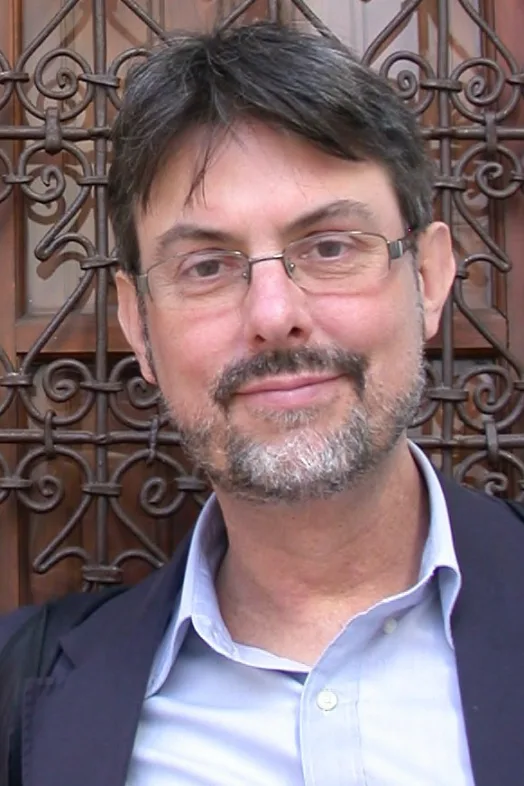
Anatol Lieven
Dr. Anatol Lieven directs the Eurasia Program at the Quincy Institute for Responsible Statecraft. He was formerly a professor at Georgetown University in Qatar and in the War Studies Department of King’s College London. From 1985 to 1998, Lieven worked as a journalist in South Asia, the former Soviet Union and Eastern Europe and covered the wars in Afghanistan, Chechnya and the southern Caucasus.

